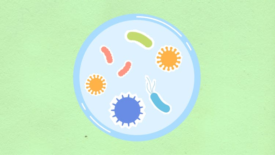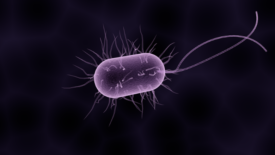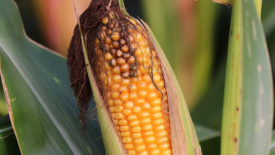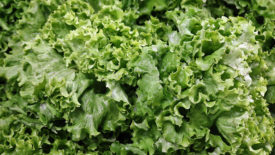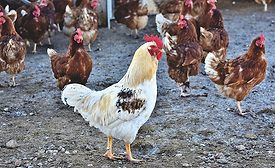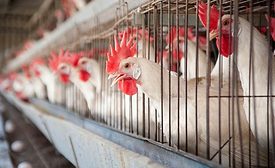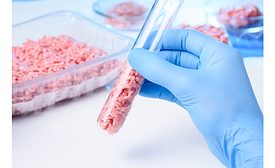Home » study
Articles Tagged with ''study''
Michigan Researchers Release Study Results of U.S. Outbreaks of Foodborne Salmonella Enteritidis
Study looked at results from 1990–2015.
February 25, 2021
International Interlaboratory Scientific Study for Standardization of Next-Generation Sequencing in Food Authenticity Testing
Government and Industry-Leading Organizations are Among the Laboratories Signed Up to Test the Accuracy and Consistency of Thermo Fisher Scientific's NGS Authenticity Workflow.
February 11, 2021
Never miss the latest news and trends driving the food safety industry
eNewsletter | Website | eMagazine
JOIN TODAY!Copyright ©2025. All Rights Reserved BNP Media.
Design, CMS, Hosting & Web Development :: ePublishing
